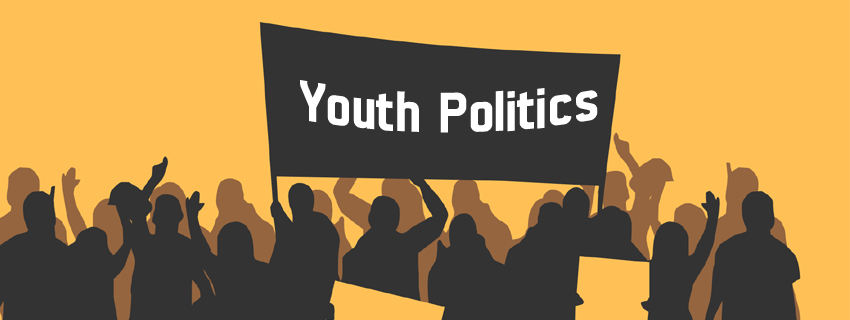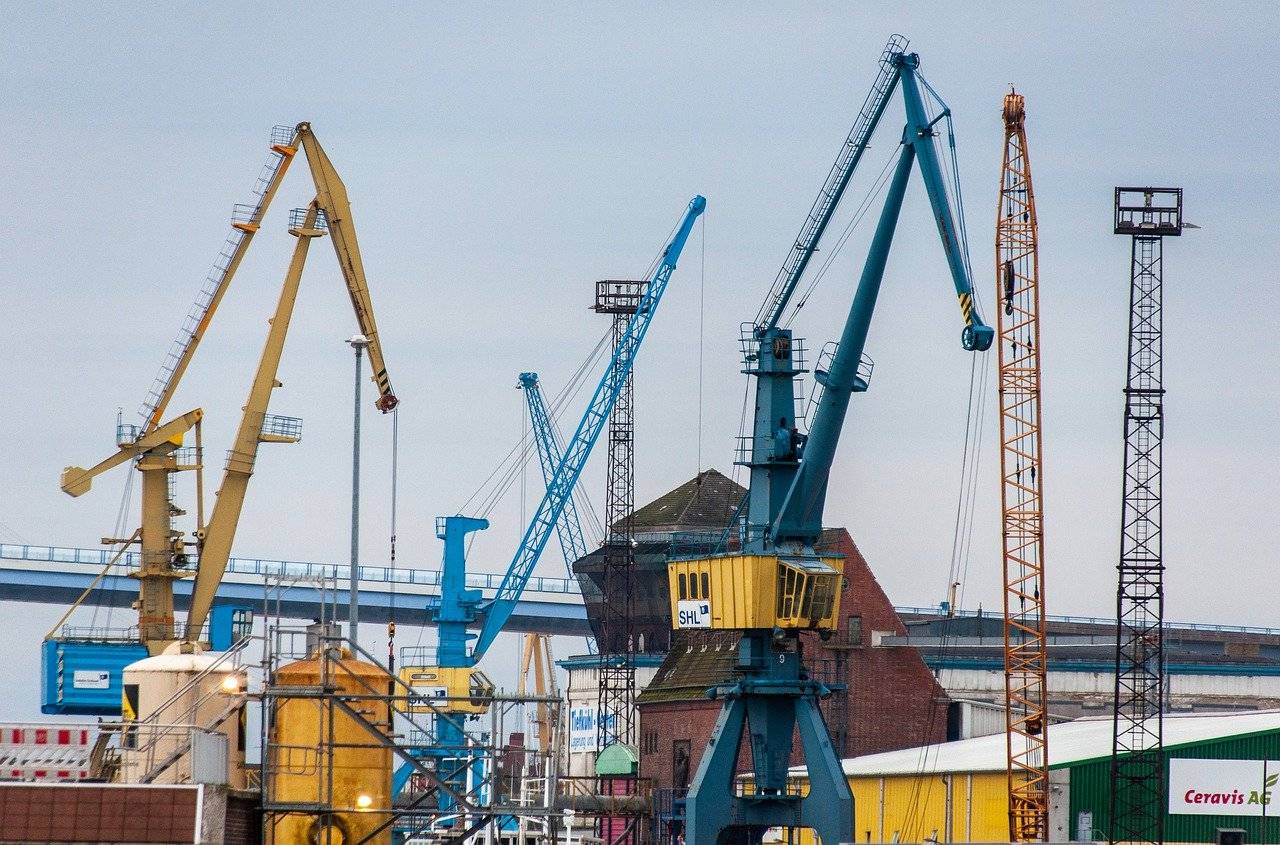
Introduction
Corruption remains a major challenge in politics, affecting governance, economic growth, and public trust in leadership.
Forms of Political Corruption
- Bribery – Officials accept money in exchange for favors.
- Embezzlement – Public funds are stolen for personal gain.
- Election rigging – Votes are manipulated to favor certain candidates.
- Nepotism – Leaders appoint unqualified relatives or friends to key positions.
Effects of Corruption on a Nation
- Weak economy – Mismanagement of public funds leads to poverty.
- Poor infrastructure – Corrupt officials divert funds meant for roads, hospitals, and schools.
- Lack of trust in government – Citizens lose faith in leadership.
Countries Leading the Fight Against Corruption
- Rwanda – Paul Kagame’s government enforces strict anti-corruption laws.
- Denmark – Consistently ranks as one of the least corrupt countries.
- Singapore – Maintains zero tolerance for corrupt officials.
Solutions to End Corruption
- Strong anti-corruption laws and agencies.
- Whistleblower protection for those exposing corrupt acts.
- Public awareness campaigns to educate citizens on their rights.
Conclusion
Corruption hinders development and democracy. Strict enforcement of laws and active citizen participation can help eliminate it.

 15 January 2025
15 January 2025 Share
Share


